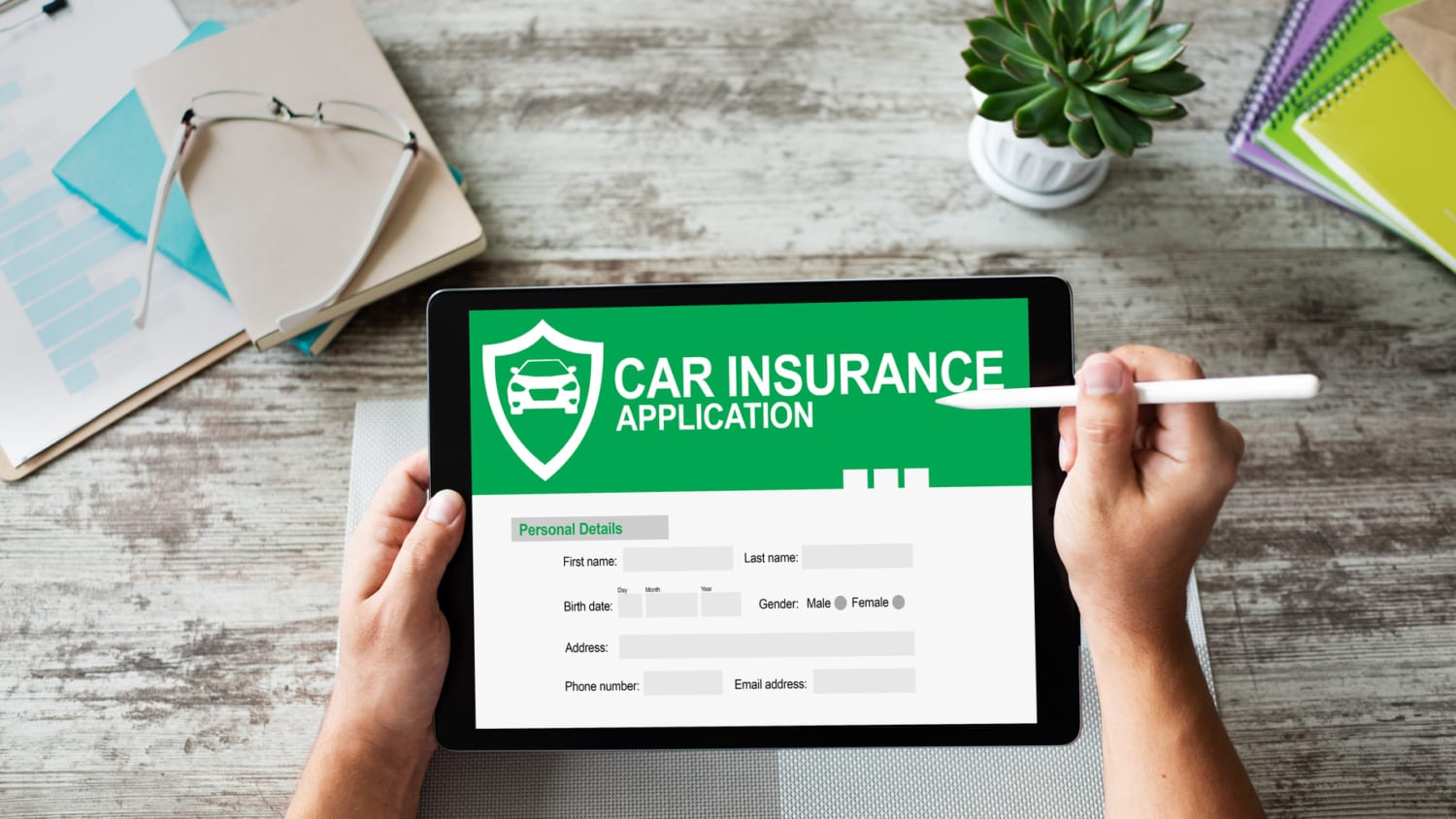How To Compare Car Insurance Quotes

How to Compare Car Insurance Quotes Online
Before you buy an auto insurance policy, it’s important to shop around and find the best coverage at the right price for you. Many variables go into any particular insurance company’s formula for deciding how much to charge individuals, including the rules of whichever state the person lives in. What a customer should do when it comes to how to compare car insurance quotes.
The quickest, simplest way to gather car insurance quotes to compare is to query online with a tool like the free EINSURANCE.com quote generation tool. It will help you receive personalized quotes from companies offering auto insurance in your area. Users enter and submit pertinent information and are provided real-time insurance quotes from different insurance companies. It is then up to user to decide which to contact.
Prepare for Your Search
Before you begin your search, gather a few items you’ll need. This will save you time because you’ll be ready to provide the information as needed when requesting online quotes.
Information to gather includes:
1. Pertinent personal information
Gather information for each person you want to include on your auto insurance policy. You’ll need each person’s:
- Address
- Date of birth
- Driver’s license number
- Occupation
- Marital status
2. Information about the vehicle
If you already own the car you want to insure, you’ll need:
- Date of purchase
- Mileage
- Vehicle Identification Number (VIN)
For a car you want to buy but haven’t yet purchased note:
- Mileage
- Make
- Model
- Year
3. Current insurer information
You’ll need to show that everyone on your policy is or has had auto insurance coverage.
4. Driving record
Include any claims, violations, tickets and any completed driving courses for the past five years. This goes for everyone you want to be covered.
Decide How Much Liability Coverage You Need
Getting into a serious accident that is your fault can result in hefty costs, but liability coverage helps. Between injury to yourself or others and damage to cars or property, you can be sued. With liability insurance, however, you’re protected to the amount your policy’s insurance benefit liability limits will pay out.
To understand a liability policy’s limit, you should know that they are typically presented with three numbers, such as 250/500/250. With this example, the first 250 ($250,000) is the limit for individual injury, 500 ($500,000) is total injuries and last 250 ($250,000) represents physical damage. It is recommended that the highest, central number, in this case 500, should equal or be greater than the value of your assets (such as a house) and savings combined.
Note that some states require you to include personal injury protection (PIP), medical payment coverage or uninsured/underinsured motorist coverage. This should be included in a car insurance quote comparison tool. See what your state requires here.
Comprehensive and Collision Coverage
You’ll also need to add comprehensive as well as collision coverage to your overall policy. Like all coverage needs, you add these into the quote tool.
Comprehensive insurance coverage includes:
- Your car’s value if it is stolen
- Severe weather condition as tornados and hail
- Floods
- Fire
- Objects that fall and cause damage
- Damage involving an animal
- Explosions
- Rioting
Collision insurance coverage includes:
- Damage to your car when the accident is your fault
- Damage to your car when the accident is the other driver’s fault
- Damage to your car when you hit an object, such as a telephone pole
Collect and Compare Car Insurance Quotes
Get auto insurance quotes from at least two or three providers in your area, being sure to include the same levels of liability as well as uninsured and underinsured coverage, deductibles, and discounts you can apply (such as homeowners insurance).
Things like where you live, what coverage levels you want, your annual mileage and what kind of vehicle you want to cover (i.e. make, year and model), your driving record including history of claims, and, usually, gender and credit score are factored in when an insurance company determines your rates. This auto insurance quote tool will guide you through the process of requesting quotes based on these and other variables.
When comparing quotes, remember that the lowest cost is not always the best coverage for you. This is one reason it is important to provide the same information regarding liability limits, deductibles and coverages. Sometimes, because insurance company and state requirements can differ, these factors will need to vary slightly so try to set at least similar limits and so forth when requesting quotes from the online tool.
Note that some states require additional coverage, minimum additional coverage will be added. Check out your state’s requirements, use this State-Specific Insurance Guidelines.
Once you have quotes to compare, you’re set to make a decision. You can also contact representatives for answers to questions regarding the company or policy.

 EINSURANCE
EINSURANCE EINSURANCE
EINSURANCE EINSURANCE
EINSURANCE